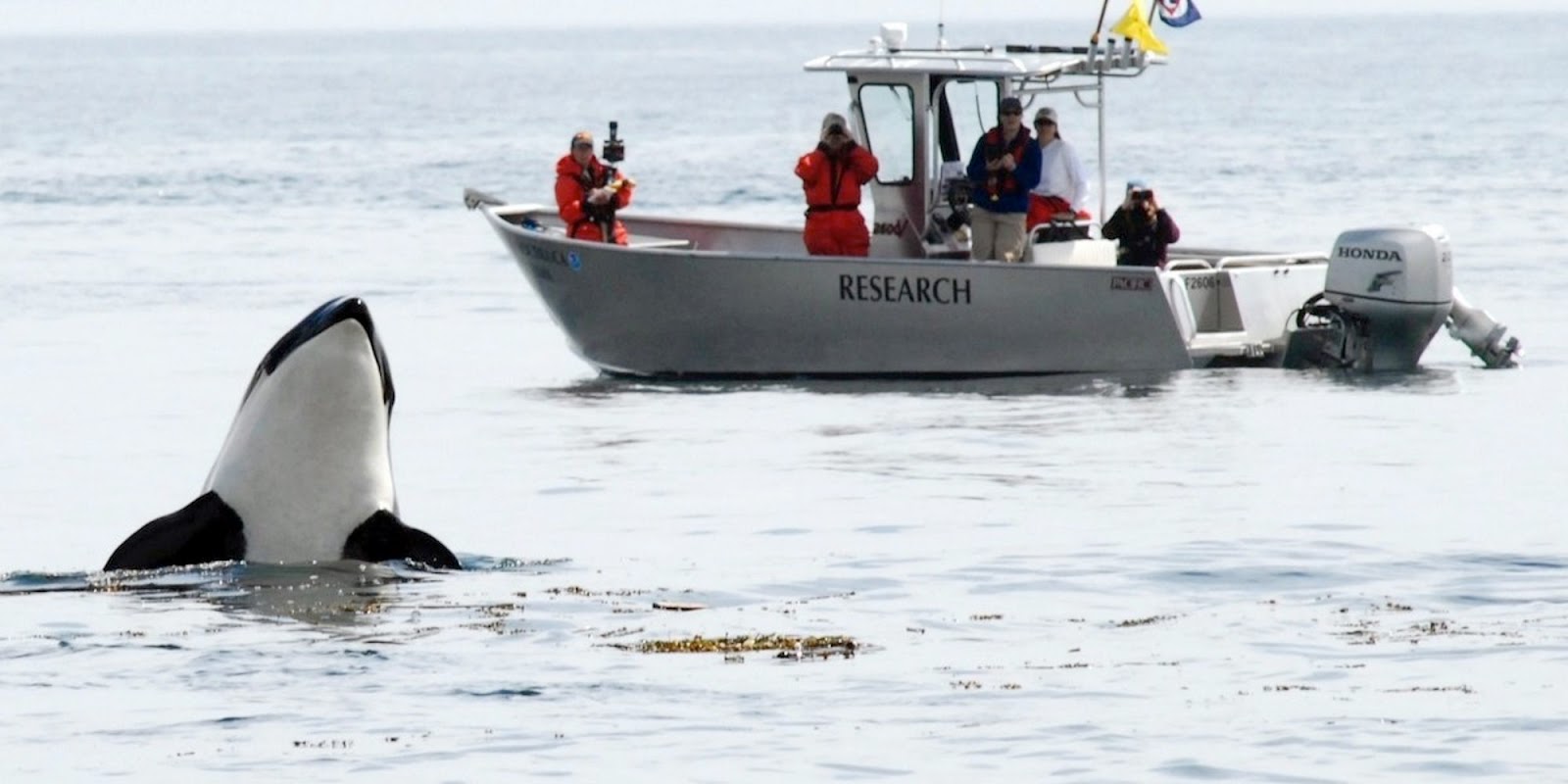
Time is running out to rescue southern resident killer whales, as only 74 remain in the wild, with many having died during the summer of 2018.
This week, the Canadian government announced new measures to save the critically endangered species. The $61.5 million (US$50 million) initiative will address three critical threats to the orcas: a lack of chinook salmon, the whales' favored prey; contaminants in the water; and vessel traffic and noise which interferes with their hunting abilities, according to a news release from the Fisheries and Oceans department.
The Canadian government also looks to create new areas of critical habitat off the west coast of Vancouver Island for the killer whales, fisheries minister Jonathan Wilkinson told The Canadian Press on Wednesday. The Swiftsure in the Juan de Fuca Strait between Vancouver Island and Washington state, and La Perouse Bank off Tofino will be areas that the marine animals can call home, he said.
These efforts are part of a previously announced $167.4 million Whales Initiative to save the southern residents, whose population has dipped to just 74 individuals, down from 98 in 1995.
#Orca Whale #J50 'Missing and Now Presumed Dead' https://t.co/dLEFpXP6hB @NOAA @CWROrcas @oceana
— EcoWatch (@EcoWatch) September 15, 2018
Governments in the US, as well as Canada, have made efforts to revive the iconic species. Earlier in 2018, Washington Gov. Jay Inslee signed an executive order to aid their recovery and the Chinook salmon they eat.
However, it's doubtful whether these efforts will save the orcas, as the majority of 74 southern residents left in the wild aren't reproducing, meaning the opportunity to have more births than deaths is dwindling, Seattle's King 5 reported in September. Only two males are fathering all of the calves, and only a few females are reproducing.
"There's only about four females having babies in the last decade," Center for Whale Research founder Ken Balcomb told the news station.
These whales are suffering a slow-motion #extinction. Learn more on our latest #blog: https://t.co/XTEbf4f5gw #StopExtinction pic.twitter.com/fNzeZxpX7e
— Oceana (@oceana) October 30, 2018
What's more, 75 percent of newborns in the recent two have not survived, and 100 percent of the pregnancies in the past 3 years have failed to produce good offspring, the center notes.















COMMENTS